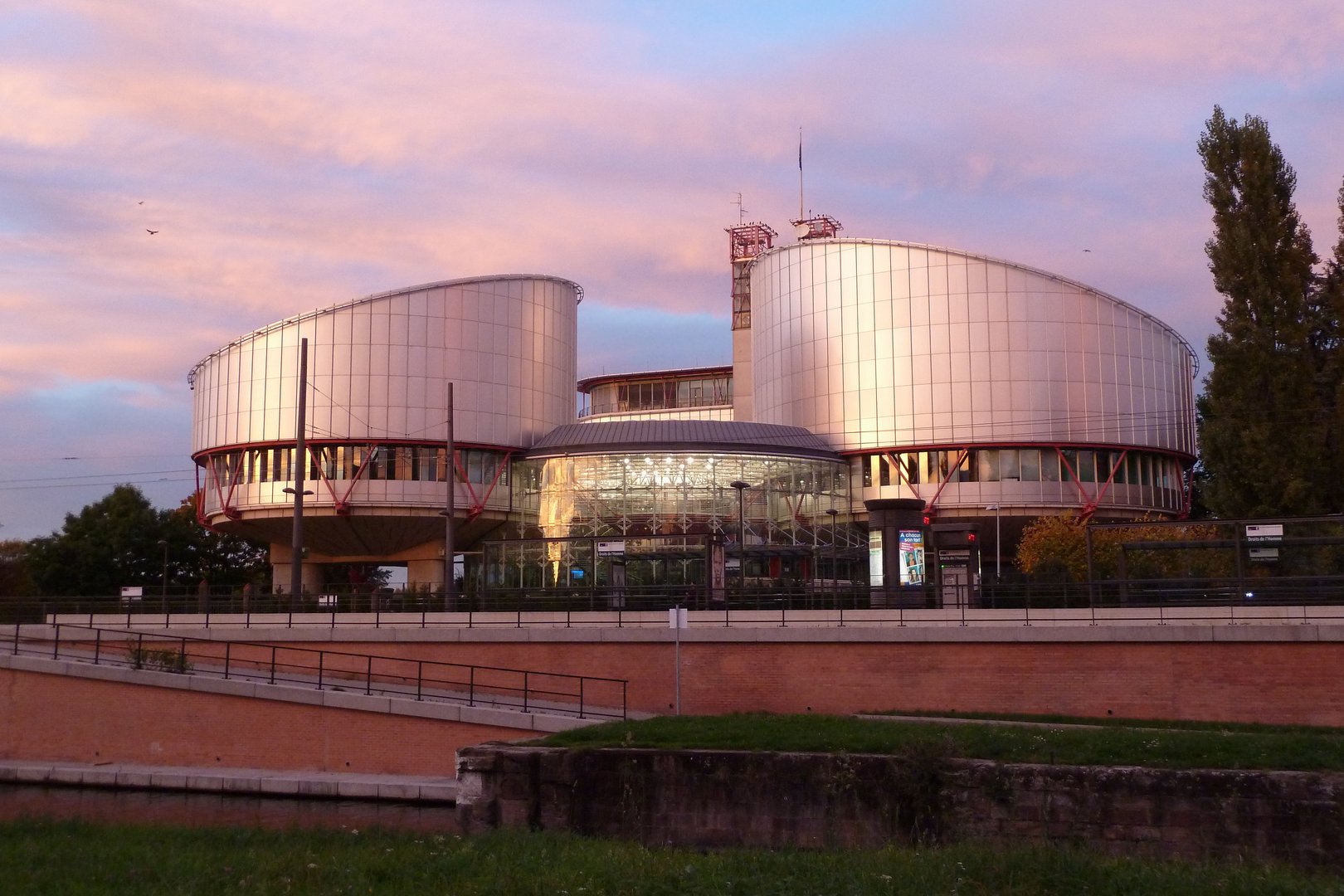A Russian fugitive who had been detained in Cyprus for three years before being extradited to Russia to be tried for large-scale fraud was awarded damages by the European Court of Human Rights (ECtHR) for the delay, the attorney-general’s office said on Tuesday clarifying it was due to Covid measures.
In the Dzhandzhgava v Cyprus case, the ECHR on February 27 ordered Cyprus to pay compensation to the appellant of €15,000 for moral damage και €3,800 in legal expenses.
The AG’s office said the purpose of the detention was for Iraklii Dzhandzhgava to be extradited to Russia to be tried, however “his detention lasted almost three years, a period which also covered the restrictive measures in place due to the coronavirus pandemic”.
The appellant maintained that his right to freedom had been violated and complained of unpleasant conditions during his detention and delays in legal proceedings.
The AG’s office said the ECtHR accepted most of the complaints, with the exception of his detention conditions as he had failed to produce adequate evidence to support his claim.
Furthermore, the ECtHR could not ignore the long periods of inaction between legal proceedings. The Russian had been detained for two years, five months and 26 days, while the appeal process took two years, two months and 15 days.
Regarding his remand, which lasted five months and 23 days, following the rejection of his appeal by the Supreme Court, the ECtHR deemed that the Cypriot authorities had denied the appellant procedural guarantees.
The ECtHR also accepted the appellant’s complaint that there had been delays in trying his appeal, the AG’s office said.






Click here to change your cookie preferences